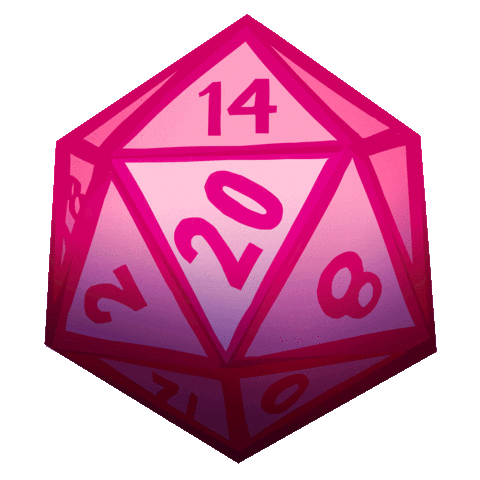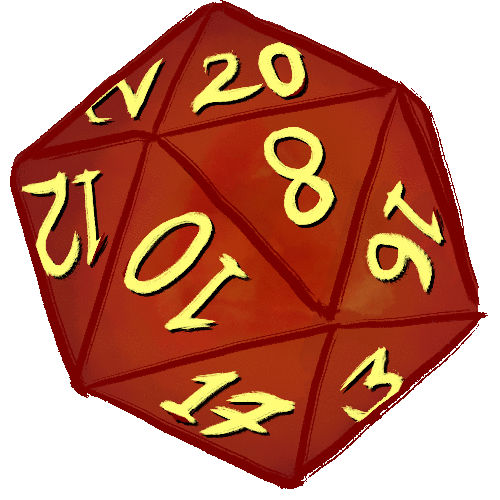Warrior: The Warrior is a character who's life is dedicated to fighting, whether it be with weapons, bare knuckles, or somewhere in between. They are skilled in the use of arms and armor. A character can be created to be a master of a single weapon or a generalist.
Warriors are not necessarily trained fighters, though. Barbaians or savages (like Tarzan) are also considered to be warriors, but they are very different in design from Robin Hood or Lancelot. Basically, the overall design is up to the player's imagination.
Rogue: Rogues are used to trickery and stealth as a means of accomplishing their goals. They prefer indirect action to confrontation. Of course there are exceptions to this, such as with fast-talking jesters, deceitful duelists, and cunning bandits. Characters of the Rogue class will be given more leniency when taking actions in stealth and sleight of hand as well as finding traps, anticipating ambushes, etc.
Mage: Mages and their powers vary widely in Everdark. They can be as free-flowing as sorcerers, drawing power from external sources, or as studious as Wizards. The actual spells are based more along the lines of manipulating the laws of nature, physics, and the natural world. A novice mage can make minor changes, where as an Archmage can completely alter their surroundings at their will. The drawback is that the more a character changes the world around them, the more exhaustion sets in.
Further more, summonings and other major magical evocations, tend to be ritualized rather than achieved directly through spellcraft. As such, these rituals are risky, though achieve greater rewards when successful.
Devout: Devout are a branch of characters who are strictly religious in their beliefs. They make their faith an everyday part of their lives, though at varying degrees. Some choose the path of the priesthood, though others choose to live as 'commoners' though act as spiritual and social leaders for their groups.
Devout characters do not have 'spells' as in D&D, but they may petition the gods to grant favors or influence on their lives and those around them. The gods may choose to listen, or they may choose not to. The more a player RPs their faith, the more likely their deity is to answer their prayers. That said, deities work in mysterious ways and sometimes ask their faithful t be self-sufficient.




